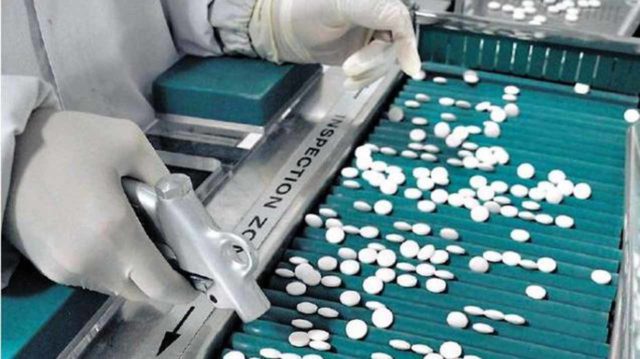Nigeria, others urged to leverage AfCFTA for local production of pharmaceutical products

With the African Continental Trade Agreement (AfCFTA) now in force, it was time for the continent to increase domestic production of pharmaceutical products and end over dependence on imported medicines, stakeholders have said.
The AfCFTA, they agreed, provides an opportunity for economies of scale, lack of which previously hindered African pharmaceuticals production.Citing the need for medicine security, the Manufacturers Association of Nigeria and other stakeholders noted that a country with a population size like Nigeria cannot afford to depend on importation of key therapeutic agents.
For instance, the Economic Commission for Africa’s (ECA) Director for Regional Integration and Trade, Stephen Karingi, in closing a recent forum which focused on pharmaceutical, said domestic policies that can be used to support the industry include investment assurances, grants, fiscal incentives and local content requirements.
“However, we should also look at the issue from a regional perspective. We can have policy space to promote local production, but not to the extent that it prevents the flow of trade,” he said, adding there was significant expertise on the continent to help build and grow the continent’s pharmaceutical industry.
Regional centers of excellence could be used to overcome issues in human capacity and limited resources for research and development and testing, the participants agreed.“African traditional medicine is an area where there is room for African innovation, but we need to improve on commercialization. This is an area where many micro-small and medium enterprises operate,” said the ECA Director.
MAN called for an improved environment to aid inflow of investments in the pharmaceutical manufacturing industry.Some of the key messages from two-day Horn of Africa trade forum are that implementation of the AfCFTA will be the real test now that the pact is in force; need for strengthening regulatory frameworks crucial for the development of the pharmaceutical sector; there is need to encourage domestic production with a regional focus; domestic reforms required; an efficient and safe logistics chains can significantly bring down cost of African medicine.
They recognized the close link between peace and trade and the need for governments to better engage the private sector if the AfCFTA is to achieve its goals.Participants also discussed the next steps required for operationalization of the agreement and national implementation strategies.For his part, Johan Borgstam, Ambassador of the European Union to Ethiopia, emphasized the need for peace in the Horn of Africa region.
“With the entry into force of the AfCFTA end of last month, with peace initiatives of the last year, and with the discussion of the last two days, I do believe that an era of hope and optimism is opening for the countries of the Horn,” he said.






